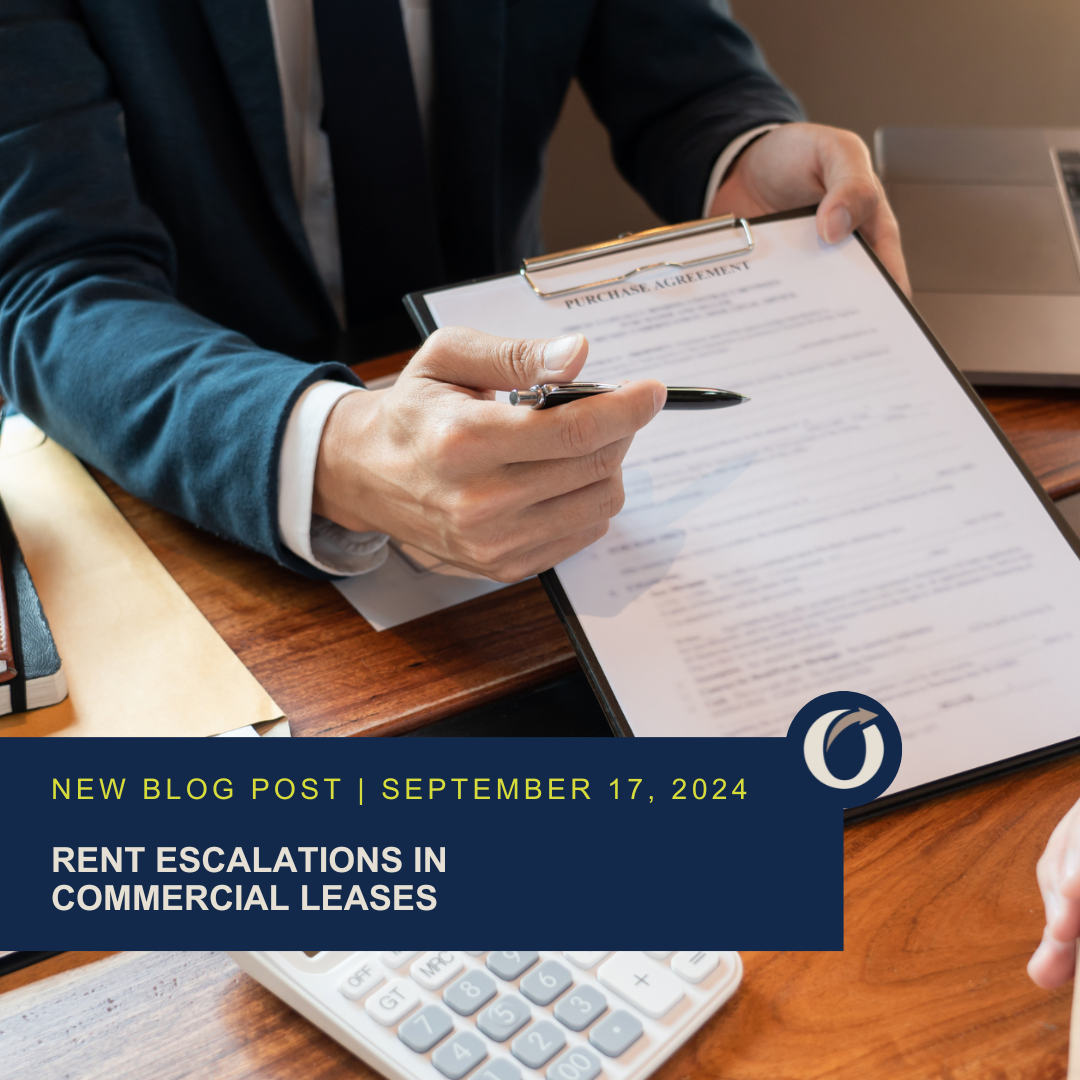Rent escalations in commercial leases are a crucial aspect that can significantly impact a tenant’s long-term financial obligations. At Onward Real Estate Team at Keller Williams Commercial, we emphasize the importance of understanding rent escalation clauses. In this post, we explain what they are, their types, and how they impact tenants. We’ll also share strategies for negotiating better terms.
What Are Rent Escalations in Commercial Leases?
Rent escalations in commercial leases are clauses in a lease agreement that allow the landlord to increase the rent at specified intervals. These increases are designed to keep up with inflation, rising property values, or other economic factors. Understanding the type of rent escalation in your lease is essential as it directly affects the affordability of your space over time.
Types of Rent Escalations
There are several common types of rent escalations in commercial leases:
- Fixed Increases: This type involves a predetermined increase in rent, typically expressed as a specific dollar amount or a percentage of the current rent. For example, the rent might increase by 3% annually.
- Operating Expense Increases: In this scenario, the rent increases based on the rise in operating expenses such as property taxes, insurance, and maintenance costs. Tenants may be required to cover their share of these increased costs.
- Consumer Price Index (CPI) Adjustments: Some leases include a clause where rent increases are tied to the CPI, a measure of inflation. As the CPI rises, so does the rent.
- Market Rent Adjustments: In this case, rent is periodically adjusted to reflect the current market rates. This type of escalation is common in long-term leases where market conditions can fluctuate significantly over time.
Implications of Rent Escalations in Commercial Leases
Understanding the rent escalation clause in your lease is crucial for budgeting and financial planning. Each type of escalation has different implications:
- Fixed Increases: While predictable, fixed increases can still lead to significant cumulative rent costs over the term of the lease.
- Operating Expense Increases: These can be unpredictable and may lead to higher-than-expected rent if property expenses rise sharply.
- CPI Adjustments: These ensure that rent keeps pace with inflation, but they can be difficult to predict, leading to variability in rent costs.
- Market Rent Adjustments: These can result in substantial increases if the market rate rises, making long-term financial planning challenging.
Negotiating Favorable Terms
Tenants can negotiate rent escalation clauses to mitigate potential financial strain:
- Cap Increases: Negotiate a cap on annual rent increases to limit the maximum rise in rent.
- Step-Up Clauses: Opt for step-up clauses where rent increases occur less frequently or in smaller increments.
- Gross-Up Clauses: In leases with operating expense escalations, negotiate gross-up clauses to ensure expenses are calculated fairly, especially in partially occupied buildings.
- Review the Market Rent Clause: If your lease includes market rent adjustments, negotiate review periods and seek third-party appraisals to ensure fairness.
Conclusion
Rent escalations in commercial leases are a fundamental aspect that can have long-term financial implications for tenants. Understanding the different types of escalations and their potential impact is essential for any business looking to secure a stable and affordable lease. At Onward Real Estate Team at Keller Williams Commercial, our experts are here to guide you through these complexities and help you negotiate terms that align with your business goals. Contact us today to learn more about how we can assist with your commercial property needs.
